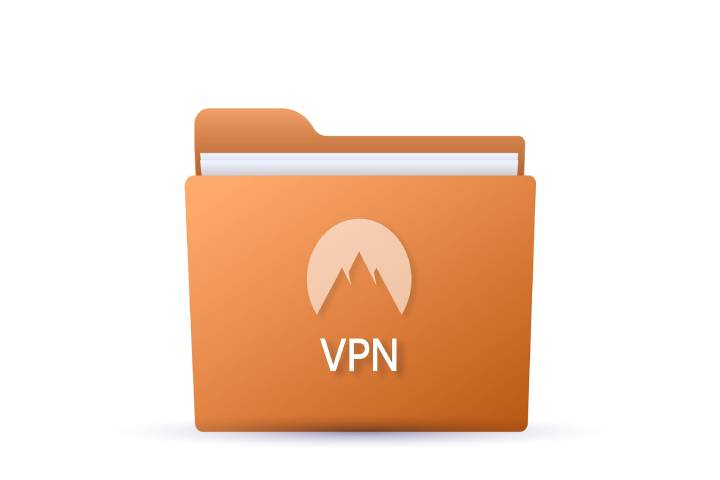Do you want to be able to browse with confidence on your smartphone while limiting the risk that a malicious hacker can access and steal your data, photos, videos, passwords, and other access? Are you wondering if an antivirus is enough to be protected? This article will concretely show you what a VPN is used for to protect your data better.
Table of Contents
VPN IN A NUTSHELL
If you are not yet very familiar with the term VPN (Virtual Private Network), know that it is a private network that will allow you to use your network anonymously and securely. Internet access from any terminal on which you have installed it (smartphone, computer, tablet).
Concretely, a VPN acts as an intermediary that will anonymize your IP and encrypt the data exchanged during your internet browser to better protect you against hackers and cybercriminals.
Also Read: What is a VPN (Virtual Private Network) – Uses & Advantages Of VPN
IS AN ANTIVIRUS SUFFICIENT TO PROTECT YOUR SMARTPHONE FROM HACKERS?
Whether you have an Apple or Android smartphone, there is no such thing as zero risks for viruses and hacking. Your smartphone and all your data stored on it are vulnerable if you do nothing to protect them.
Often the first thing you think of to secure your phone is installing an antivirus, but unfortunately, this type of software will protect you from only some of the threats to your data.
HOW IS A VPN COMPLEMENTARY TO AN ANTIVIRUS TO SECURE ITS DATA?
In addition to securing against viruses, a VPN will allow you to:
- Hide your IP when browsing the Internet,
- To be able to “kill” the Internet connection if you manage sensitive data and wish to disconnect entirely from the Internet temporarily (the VPN must have the “Killswitch” functionality),
- Block online trackers, malware and phishing software,
- Not to keep any information on the activities carried out on your devices.
HOW TO CHOOSE A GOOD VPN?
Like free antiviruses, free VPNs are often of average quality and will only partially protect you. Therefore, it is recommended to opt for a paid VPN (which usually costs only a few euros per month), which will better secure your internet browsing data and your data overall.
To choose your VPN, here are five criteria to take into account:
- Several servers: the more servers the VPN service has spread around the world, the better.
- Security: Make sure that providers’ privacy policies comply with applicable regulations. Paid solutions generally invest more in securing their infrastructure and maintaining them, so data protection on these services is naturally superior.
- Speed: Using a poor-quality VPN can affect your browsing experience and the speed of your connection. The more servers and servers near you the service has, the better.
- Device compatibility: before choosing your VPN, make sure that it supports the different devices (computer, tablet, smartphone, etc.) and that it can simultaneously manage the protection of several devices.
- The price: Most quality VPNs come with a subscription fee, but many offer a free trial version to try out. A VPN for less than $ 15 per month will be sufficient for most purposes. However, we do not recommend that you use a 100% free VPN.
- Also Read: VPN – What is a VPN?

